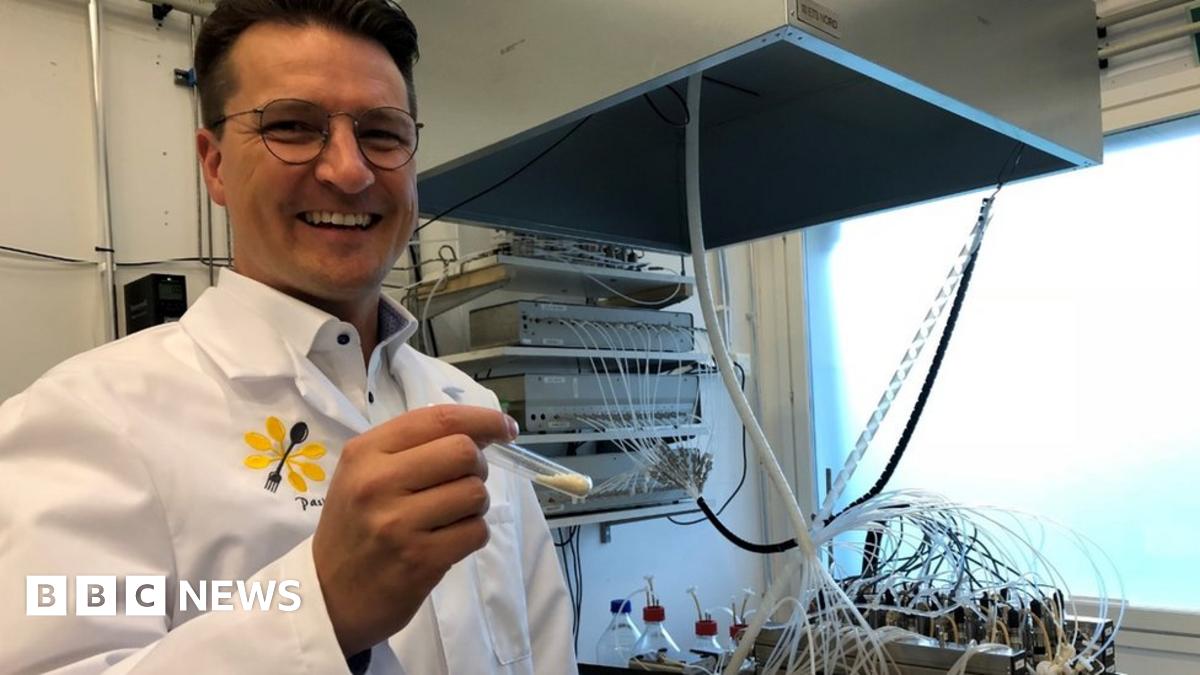I more or less agree with your comments
@Dave. 'acres of corn and wheat' strikes me as a rather niave view of farming, like it came out a pre-school book. A lot of farmland in the UK is totally unsuitable for arable crops, a lot is utilised for producing animals such as sheep. (It was mostly this kind of land that the ex-Defra person said we should re-wild, re-forest.)
As you state there are a lot of different approaches, some of which we may
have to take up. i.e. arable land has it's own problems, for example soil degradation which is currently being exacerbated by climate changes and commerical farming practices across the globe as well as here in Blighty.
While eating less meat is a solution that would have huge positive environmental benefits, it's a solution that I'm afraid won't work if it was just down to 'people to come together'. (And I include my gym-going, strength focused self, gotta have my protein!) Meat has been and is seen as a premium highly attractive food source that the rich eat, so most of us are going to strive to eat a lot of it. I fear, like yourself, that only some sort of catastrophe will shake the collective understanding that trying to give 7 billion people a US diet of meat is currently totally unsustainable.
As for your power musing, mmm... solar panels, tidal power, wind, hydroelectric and geothermal all just use energy that would have been there in the first place, so fundamentally it's a zero-sum game, they are extracting energy and converting it into another form. Same actually, for the use of Uranium in fission power - if we didn't use it, the ore would just sit in the Earth's crust and release its heat there anyway. Coal and natural gas pockets are clearly different.
As for the problems...give me those problems rather than increasing the amount of greenhouse gases via coal and gas use or the other pollutions that impact all parts of the ecosystem - you'd prefer acid rain and choking clouds of combusted wood or coal waste? I think that impacts the ecosystem far far more than a few birds hitting wind turbines.
Uranium, yes, is limited, but I think we've got a 1000 years of the stuff. If we really have to rely on Uranium a bit, that should give us enough time to change over. Hopefully we don't need to lean too much on it, as I don't think we are the sort of species that can handle trying to keep the increasing pile of dangerous waste safe from this technology for hundreds of thousands of years.
Perhaps - in fifty years

- fusion will be working commercially, or perhaps India can get Thorium reactors to work and we can quickly get rid of 20th Century fission as well.

 phys.org
phys.org






